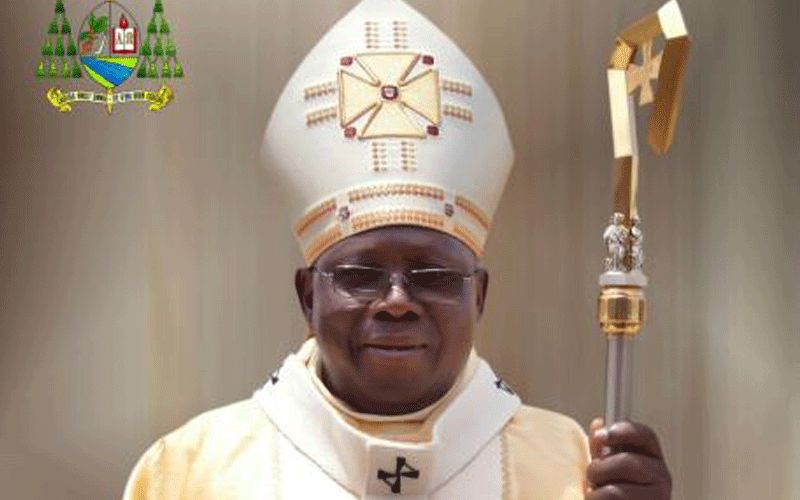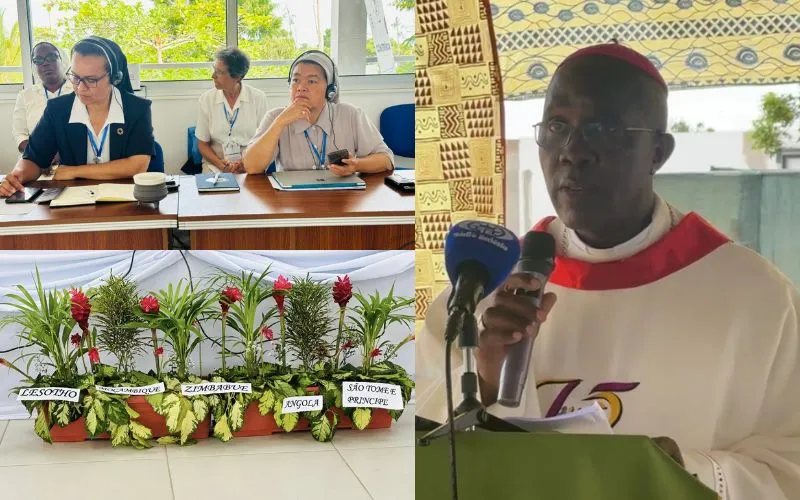Ibadan, 06 February, 2020 / 3:45 am (ACI Africa).
Against the backdrop of multiple cases of kidnappings and killings including that of 18-year-old seminarian Michael Nnadi, Catholic Bishops in Nigeria’s Ibadan Ecclesiastical Province (IEP) have expressed their concerns about the safety of citizens in what they have termed a “worsening situation of security of life and property” that seems to demonstrate little or no regard for human life.
“We lament that Nigerians are being slaughtered daily by terrorists, criminals and so-called herdsmen on the roads, in their farms and even in their homes,” the Local Ordinaries of dioceses under IEP have stated in their collective message at the end of their two-day meeting that concluded Tuesday, February 4.
“Human life seems to have lost value in Nigeria,” the Bishops have added in their communique obtained by ACI Africa following their meeting that took place at Jubilee Conference Centre Oke Ado in Ibadan, Southwestern Nigeria.
They expressed their awareness of the state of their compatriots in the face of insecurity saying, “Only few Nigerians in any part of the country can sleep with two eyes closed.”
Recalling their collective message this time last year, the Shepherds of the people of God in Ibadan Archdiocese and the dioceses of Ekiti, Ilorin, Ondo, Osogbo, and Oyo have, in their collective statement, lamented the negative turn of events.








